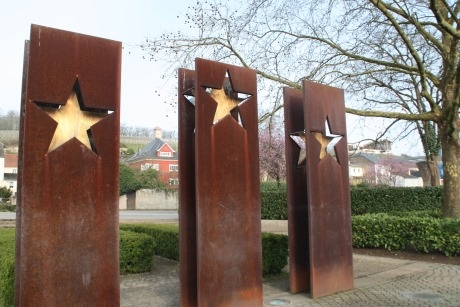How to teach students of all ages about the EU Referendum and what the result will mean for their future.

In just over two months the European Referendum will take place. Although today’s students won’t be able to vote, the outcome will almost certainly effect their lives in the future. So how do you teach them about what’s happening?
Brexit and its outcomes are perhaps even more relevant for Key Stage 3 and 4 students who have to learn about how the UK is governed and how its laws are shaped as part of the Citizenship curriculum.
Of course, the intricacies of the European Union and its institutions are topics that Politics undergraduates write their dissertations on. Broaching the complexities in class isn’t always an easy task.
For teachers that feel like they need to build their confidence on the topic before teaching it, the European Parliament UK Office will be hosting a series of CPD events in conjunction with Active Citizens FE this year.
Ten free conferences will take place across the UK in cities from London to Edinburgh. The day-long sessions aim to provide teachers with a critical understanding of what the EU is and does and offer practical ideas for teaching about the EU.
In terms of school trips, Europe House in London offers free educational session to schools. Europe House is home to the European Parliament in the UK.
Lasting around two hours, sessions are designed to be politically neutral and suitable for ages 11 to 18. MEPs are informed of each visit and encouraged to engage with students.
Up to 40 students can participate at a time and teaching resources are available to support a trip.
In May the People’s History Museum in Manchester will launch an exhibition on the EU referendum. Pupils will be able to learn about the arguments for both sides of the Brexit argument and express their own opinions on the debate.
Of course, some of the best places to learn about the European Union are on the continent. In Luxembourg, pupils can go right back to the beginning and learn about the first time countries opened their borders at the European Museum in Shengen, 20 minutes’ drive from the centre of Luxembourg.
Guided tours are available that teach about the Shengen agreement, the European Union and the future of the EU.
The official seat of the European Parliament in Strasbourg also welcomes schools. Up to 50 pupils can visit a chamber, even when the MEPs are involved in a plenary session of debate.
Meanwhile, if it’s EU law and its impact on UK law that interests your students, The Royal Courts of Justice in London runs a Human Rights Trail for Key Stage 3 and 4 pupils that broaches the subject.
In this two-hour session pupils will prepare for and debate a real appeal case that eventually made its way to the European Court of Human Rights.









